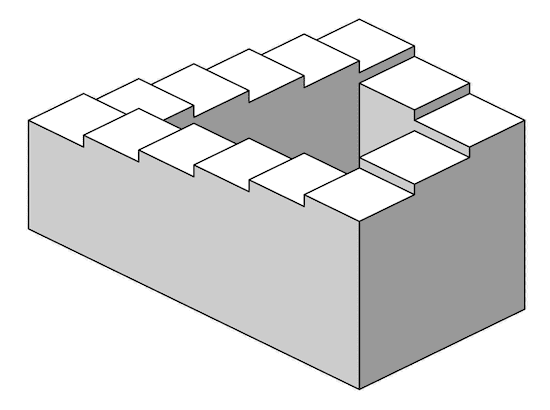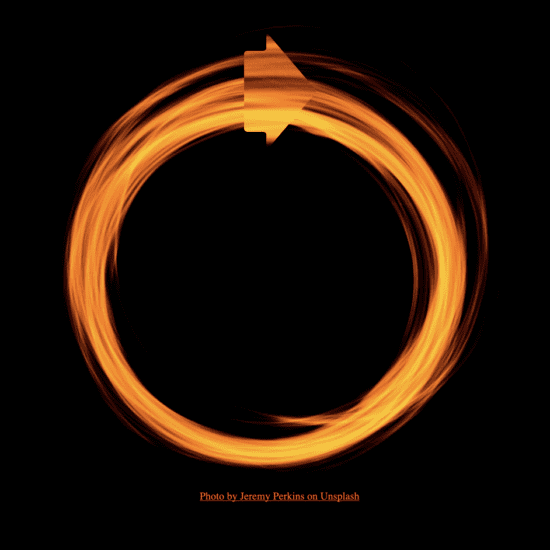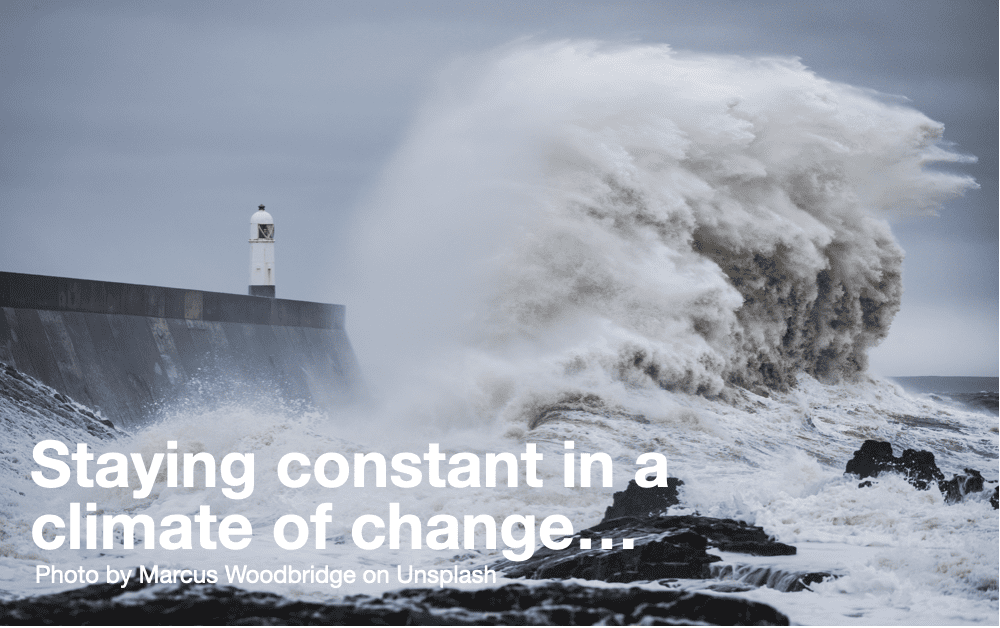The more things change…
“The more things change, the more things stay the same.”
In French, it’s usually “plus ça change, moins ça change.” (The original expression was “plus ça change, plus c’est la même chose” – an epigram attributed to Jean-Baptiste Alphonse Karr, 1849)
The Greek philosophyer Heraclitus is credited with saying that the only constant in life is change. Meanwhile, I’ve long used the motto (borrowed from my mentor, Sam Villa): “Change is for sure. Growth is the option.” So, to be sure, I’ve long embraced change. But, what are the confines that might warrant not wishing to grow. Specifically, is progress always a good thing? Over the years, I’ve come to believe that it’s not, and therefore I might need to be a bit more circumspect about accepting all that changes. Am I becoming a grumpy old man, too much set in my ways? The Epicureans believed that the constituent parts of the universe could not be changed and that, even in an infinite universe, the world systems “have their fixed lifecycles.” [Source, p49] As I look around me, I see an enormous amount of movement and activity. Everything seems fluid. Even universal values and absolute truth are up for debate. But, I wonder whether we are actually getting anywhere? Are we truly progressing and/or growing? If history has anything to say about it, especially in a climate where the study of History is in decline, there’s a great chance that our civilisation will repeat certain errors of the past for a want to change things. And, while it won’t necessarily or exactly be a return to square one, there’s a growing chance that it may not look like genuine progress either.

A “Penrose stairs” (left) optical illusion by Sakurambo
In a world that seems to be in constant motion, with every other business article being about disruption, change or transformation, the question occurred to me about if/how to ever stay the same? How wrong is it to wish to remain as is? After all, if everything is up for grabs, including our identities and beliefs, it seems a tricky terrain for building trustworthy relationships. Think: politicians who change their minds on a dime. If change is a feature of our lives (i.e. night follows day, autumn follows summer, we all age, etc…), what are the things we should stand firm on?
A friend of mine the other day suggested a life without having an email address? That’s almost as brazen as living without a mobile phone or access to the internet. I suspect there will indeed be a time when email addresses go the way of fax machines. Maybe you, like me, have friends who’ve stayed away from social media? Others say that they stay away from daily news. Personally, I would find that hard to do, but let’s say it’s their intention. In any event, are they really any worse off for doing so? At the end of the turbulence, trials and tribulations, is it possible that we will all come back to zero or where we started?
What can or should stay the same?
 Is there anything that would merit being immutable? It seems like regularity, constancy and, dare I say, conservativism are concepts that have been getting a bad rap. Ralph Waldo Emerson wrote in an essay that is cited in Bartlett’s book of familiar quotations: “A foolish consistency is the hobgoblin of little minds, adored by little statesmen and philosophers and divines.” But what of the constancy of old-fashioned values and ideas (e.g. attending family dinners, patiently waiting in queues, giving up your seat to someone who needs it more, serving your country…)? Must everything be overturned? Every precept questioned? It’s my view that, in the political spheres in many countries, the more the left pushes for radical change, the more the right swings right in reaction, leading to several more extreme, populist movements.
Is there anything that would merit being immutable? It seems like regularity, constancy and, dare I say, conservativism are concepts that have been getting a bad rap. Ralph Waldo Emerson wrote in an essay that is cited in Bartlett’s book of familiar quotations: “A foolish consistency is the hobgoblin of little minds, adored by little statesmen and philosophers and divines.” But what of the constancy of old-fashioned values and ideas (e.g. attending family dinners, patiently waiting in queues, giving up your seat to someone who needs it more, serving your country…)? Must everything be overturned? Every precept questioned? It’s my view that, in the political spheres in many countries, the more the left pushes for radical change, the more the right swings right in reaction, leading to several more extreme, populist movements.
Holding on to ideas… lightly
To the extent we’re all encouraged to be super agile and flexible (notably at work), and in a constant learning mode, how do we hold on to what’s important, much less ourselves? A friend of mine introduced me to the notion of holding ideas lightly. It’s a fine way of saying that we should be allowed to have ideas and opinions, but yet be prepared to move away from them in the right conditions. Obviously, things are changing at pace. Technology is evolving at exponential rates. The tectonic plates of geo-politics are colliding. As we all know, even the climate is changing. I subscribe to the notion of staying up-to-date with the changes, but deciding carefully which technologies I will take on board. Essentially, it’s about being strategic about which values, notions and tribes we hang our hats on or belong to, because we only have so much time on our hands and in our lives.
Conviction versus flexibility?
Although time may appear to be going faster, it just keeps on its measured pace. I believe that there’s an important balance to be found in being flexible and having conviction. What should be the equilibrium between trying out new stuff, but being selective in what you use? Because if we all become totally pliable, listening to every argument, trying out every new thing, and keeping up the Joneses, not only will we be exhausted and empty, we’ll be left without a strong backbone or stable moral compass. It is my conviction, for example, that until you’ve done a bit of honest work on yourself, you’ll either continue to flop and flow with the wind, or you’ll attach yourself to an idea or a cause as a proxy for self-understanding. And in that attachment, the less self-understanding there is, the more tenuous the link to the cause. You’ll risk becoming further detached from your true identity. And in so doing, you’ll suffer more, especially considering the climate of change and the myriad opportunities to jump on the next shiny object or trendy concept.
Another expression comes to mind: what goes around, comes around!
Your are your thoughts on the subject?











